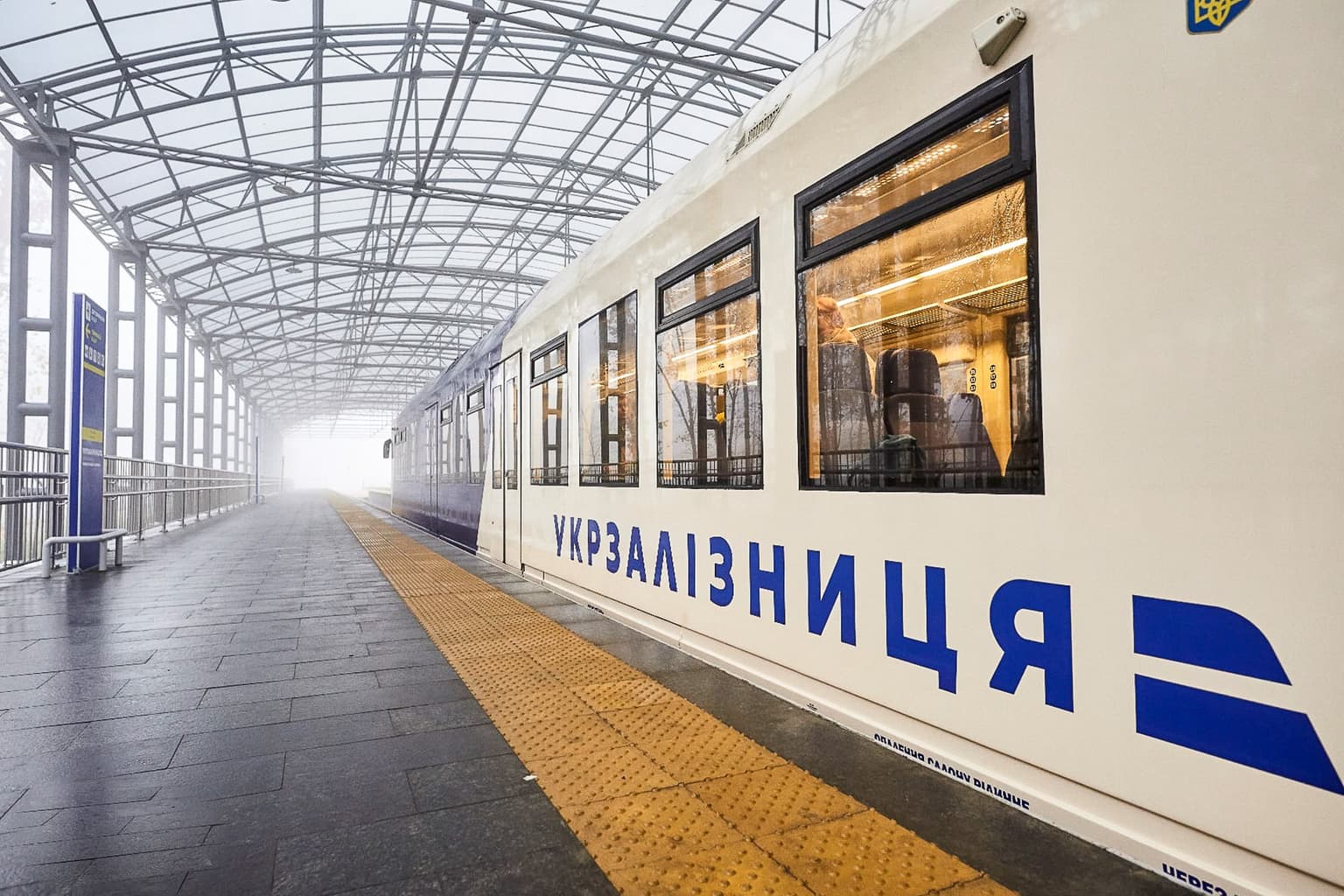Accounting Chamber outlines reasons for Ukrzaliznytsia's Hr 12 billion in losses in 2020

State railway operator Ukrzaliznytsia's failure to fulfill its freight contracts and sell core assets were the main reasons it lost $436 million (Hr 11.9 billion) in 2020, according to a Nov. 23 report by the Accounting Chamber, Ukraine's top state auditor, that surfaced in the media on Dec. 20.
The company's 2020 performance was distinctly worse than in 2018 and 2019 when it posted profits of Hr 203.9 million and Hr 2.9 billion, respectively. Last year, Ukrzaliznytsia faced several lawsuits over unpaid debts, including by New York-based firm VR Global Partners.
The Accounting Chamber listed five key overlapping reasons contributing to Ukrzaliznytsia's poor 2020 performance.
The first one is the freight contract failure, which led to over $403 million (Hr 11 billion) in losses.
Ukrzaliznytsia generates most of its profits from freight deals with major Ukrainian industrial companies. In the first half of 2021, the company made over $1 billion on cargo, compared to $91 million on passenger transport.
The company is still seen as an unreliable transporter due to the dilapidated state of its rolling stock: coal doesn’t get delivered to power stations on time as there aren’t enough cars.
A parliamentary report published in September 2021 found that over the last five years, Ukrzaliznytsia lost a third of its assets due to mismanagement.
Kamyshin himself conceded in August 2021, at the height of harvest season, that only a quarter of the company's grain cars were operational due to neglected repairs.
Ukrzaliznytsia also failed to sell non-core assets, which brought a loss of $278 million (Hr 7.6 billion). The company holds vast assets around the country, including outdated rail carriages, dormitories, plots of land, storage facilities and administrative buildings.
Ukrzaliznytsia could not locate title documents for 1,070 different assets across Ukraine, including 110 residential buildings, 61 apartments and four dormitories. It also could not locate proof of ownership for more than 12,000 acres of land. According to the report, the lack of clear proof of ownership leads to private citizens seizing or occupying the assets. This makes them difficult to privatize.
"The lack of state registration of real estate on the company's balance sheet creates a risk of losing these properties," the auditors noted.
The national monopoly rail company’s poor finances and dwindling revenues have run up large debts. Ukrzaliznytsia spent $124 million (Hr 3.4 billion) on repaying 23 different loans. The company also had to pay over $15 million (Hr 417 million) in response to legal cases, many of which relate to disputed debts overseas.
Ukrzaliznytsia attributed some of its losses to the impact of the COVID-19 pandemic and the ensuing economic downturn. But its problems had begun much earlier.
The company lost much of its cargo traffic over the last decade. According to former Ukrzaliznytsia board member Adomas Audickas, since Russia first launched its aggression against Ukraine, the company has lost around 75% of transit shipments through Ukraine from Russia.
Ukrzaliznytsia is a major employer in Ukraine, with a workforce of around 250,000 people. According to Aduickas, personnel costs accounted for 56% of the company’s total operating expenses in 2020.
The Ukrainian government often criticizes the railway operator for the improper management of the company.
On Sept. 8, in order to prevent the company from going under, the Cabinet of Ministers approved the creation of a crisis management council headed by Infrastructure Minister Olekander Kubrakov to scrutinize the company.










